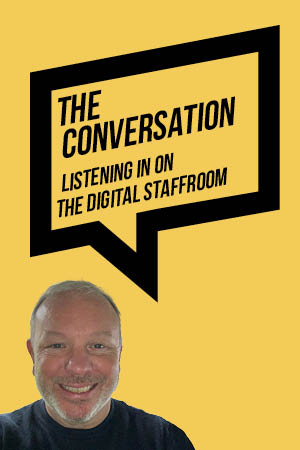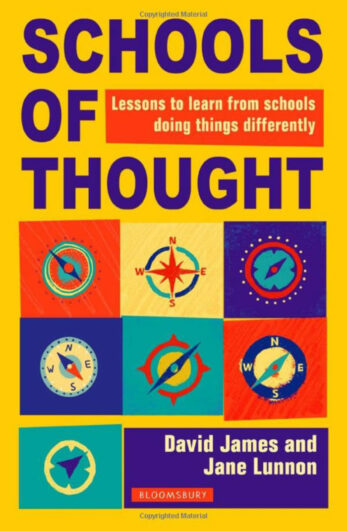The title of this book made me think that it was going to be about Ofsted.
Overall, it’s not. It is about leadership in schools; its challenges and potential rewards. Morrish’s experience and wisdom has been packed into 206 pages, which includes his NQT year in a catholic school and, later, working as a headteacher in schools that were in special measures.
His style is personable, but at times it seems disjointed, jumping from stories to advice, anecdote to quote, within a couple of paragraphs. It is a “busy” read that may best be read in chunks. You will almost certainly want to annotate or make notes to ensure that you’ve picked out and remembered his key messages.
Morrish offers principles and guidelines that he has used and refined over his career. These are easily accessible and transferable to all school leadership contexts: the three Bs, a formula for change, the three lenses of perception, eight traits of standout leaders. Print them out and put them up on your office wall.
Its educational clichés and quotes would be a meme-maker’s dream. The originators of his motivational quotes range from Disney to A. A. Milne to fellow head Vic Goddard. He draws on the wisdom of many other authors including leaders, educationists and psychologists, linking ideas on how humans work with school leadership.
I often found myself nodding in agreement. His focus on improvement lies in strategic processes that help to develop a school through its peaks and troughs. His values are clear as he describes supporting staff in difficult times. He’s clearly a “thinking” headteacher, sticking to his “one-part doing, three-parts culturing”. His reviewers refer to his “authenticity”, “honesty” and “humanity”; I can see why. While you may not agree with all the pedagogies used, you can’t argue with his passion to ensure that all children can access an exciting curriculum.
His reviewers refer to his “authenticity”, “honesty” and “humanity”; I can see why
Morrish is candidly honest about his experiences of Ofsted; as an inspectee and inspector. The chapter on inspection certainly gives an insight into how things might evolve for inspection in the future.
He entwines anecdotes from his personal life and school experience, with analogies linking to sound advice for leaders. On one page he writes deeply moving accounts of seeing his disabled brother’s education at a special school and on another, a humorous anecdote about a toilet; both have influenced his leadership in some way. The analogies are many and varied: frogs, bidets and dance floor classics are all smoothly linked with leadership.
I defy any leader to read this book and not to take something away that they can use in their own context. Morrish doesn’t claim to have a magic formula but it is a great “go to” resource for aspiring, new or experienced school leaders. If you annotate it well, you can dip in and out when you want to focus on a particular area of leadership, whether it be making sure your message is clear, dealing with underachievement or motivating staff. Or as
Morrish suggests, buy one for yourself, read it and pass it on to someone else.
Finally, however, my concern about this – and all leadership books – is that all this great experience and advice is only accessed by those that have the inclination to read and take it on board.
Maybe all school leadership courses should involve compulsory reading of “real-life” leadership books, in which case The Art of Standing Out would be one. It doesn’t replace talking to and asking current heads for advice, but it comes close.








Your thoughts